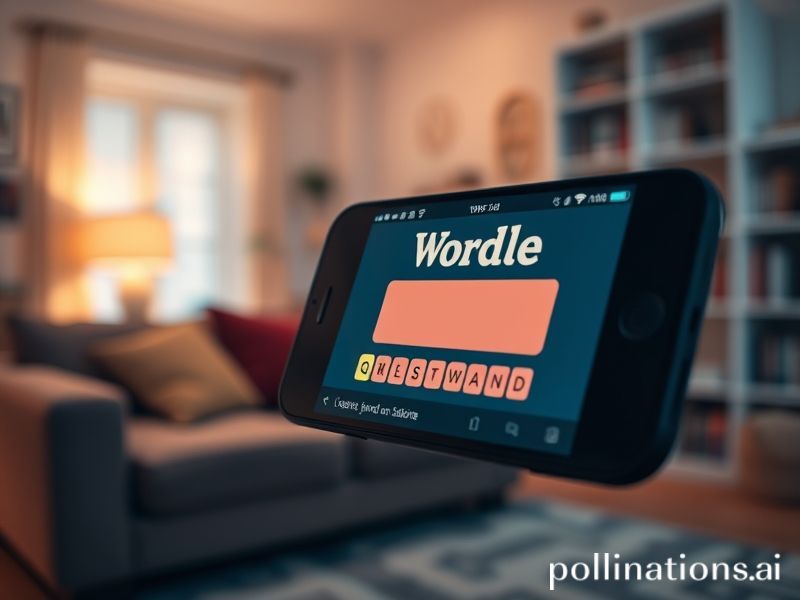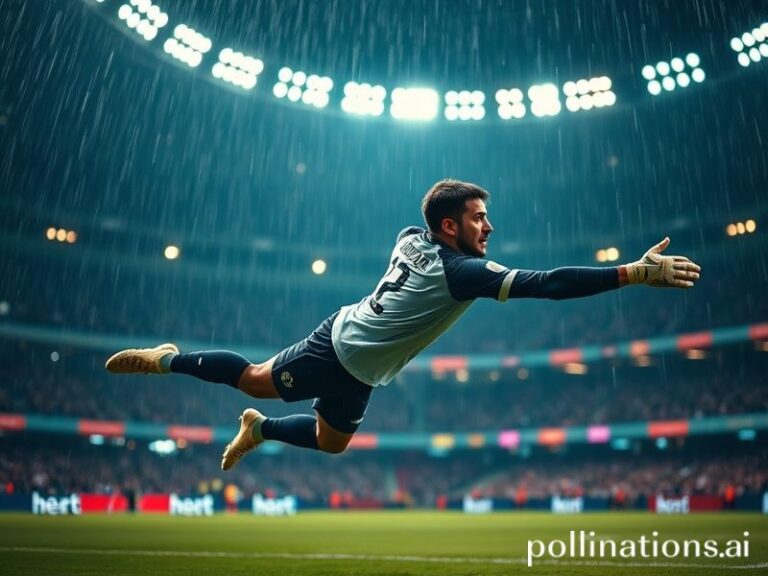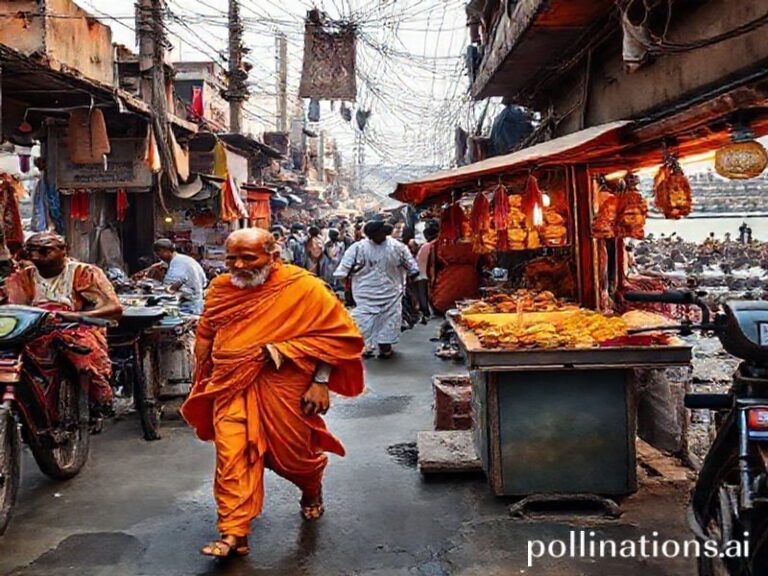Wordle: The Global Word Game That’s Got Us All Guessing and Loving It
**Wordle: The Global Phenomenon That’s Got Us All Guessing**
In the vast, ever-shifting landscape of internet culture, a new sheriff has rolled into town, and it’s not here to serve justice—it’s here to serve *words*. That’s right, folks, we’re talking about Wordle, the online word game that’s taken the global internet by storm. It’s simple, it’s addictive, and it’s got us all scratching our heads (and sometimes our screens) in the best way possible.
**The Game That’s Got Us All Hooked**
For the uninitiated, Wordle is a web-based word game where players have six attempts to guess a five-letter word. After each guess, the game provides feedback in the form of colored tiles indicating when letters match or are in the correct position. It’s like a crossword puzzle and a game of hangman had a love child, and that love child is now the talk of the global town.
The game’s simplicity is part of its charm. It’s easy to learn, but hard to master. And in an age where our attention spans are shorter than a goldfish’s (allegedly), Wordle’s quick, daily format is a breath of fresh air. It’s the perfect palate cleanser between scrolling through memes and binge-watching the latest Netflix series.
**The Cultural Context: Why Now?**
Wordle’s rise to fame can be attributed to several factors. Firstly, the pandemic has left us all craving a sense of community and shared experience. Wordle provides that. It’s a daily ritual that brings us together, a digital water cooler where we can bond over our collective love of language and our collective frustration when we can’t guess the damn word.
Secondly, Wordle is a product of its time. In an age where we’re constantly bombarded with information, Wordle offers a moment of calm, a chance to focus on something simple and satisfying. It’s a digital escape from the chaos of the world, a place where the only thing we have to worry about is whether ‘E’ is in the word or not.
**The Social Impact: We’re All Wordle Nerds Now**
Wordle has had a significant impact on social media. It’s not just a game; it’s a conversation starter, a bonding experience, a source of memes, and a way to show off our linguistic prowess (or lack thereof). We share our Wordle results on Twitter, Instagram, and Facebook, sparking discussions and debates about words, language, and the best strategies for guessing the daily word.
Wordle has also sparked a wave of creativity. People are creating their own versions of the game, from Nerdle (a numbers-based version) to Quordle (a harder, four-word version). There’s even a version called Swedle for Swedish speakers. It’s a testament to the game’s appeal and its ability to inspire creativity.
**Why Wordle Matters**
Wordle matters because it’s more than just a game. It’s a cultural phenomenon that reflects our collective desire for connection, simplicity, and a bit of friendly competition. It’s a reminder that in a world that’s increasingly complex and divisive, there’s still room for simple joys that bring us together.
Moreover, Wordle is a testament to the power of the internet to create and sustain communities. It’s a global phenomenon that’s uniting people across borders and languages, proving that we’re all just word-nerds at heart.
So, whether you’re a Wordle pro or a newbie just starting out, remember: every expert was once a beginner. And every beginner has the potential to become an expert. So, keep guessing, keep learning, and most importantly, keep having fun. After all, that’s what Wordle is all about.







